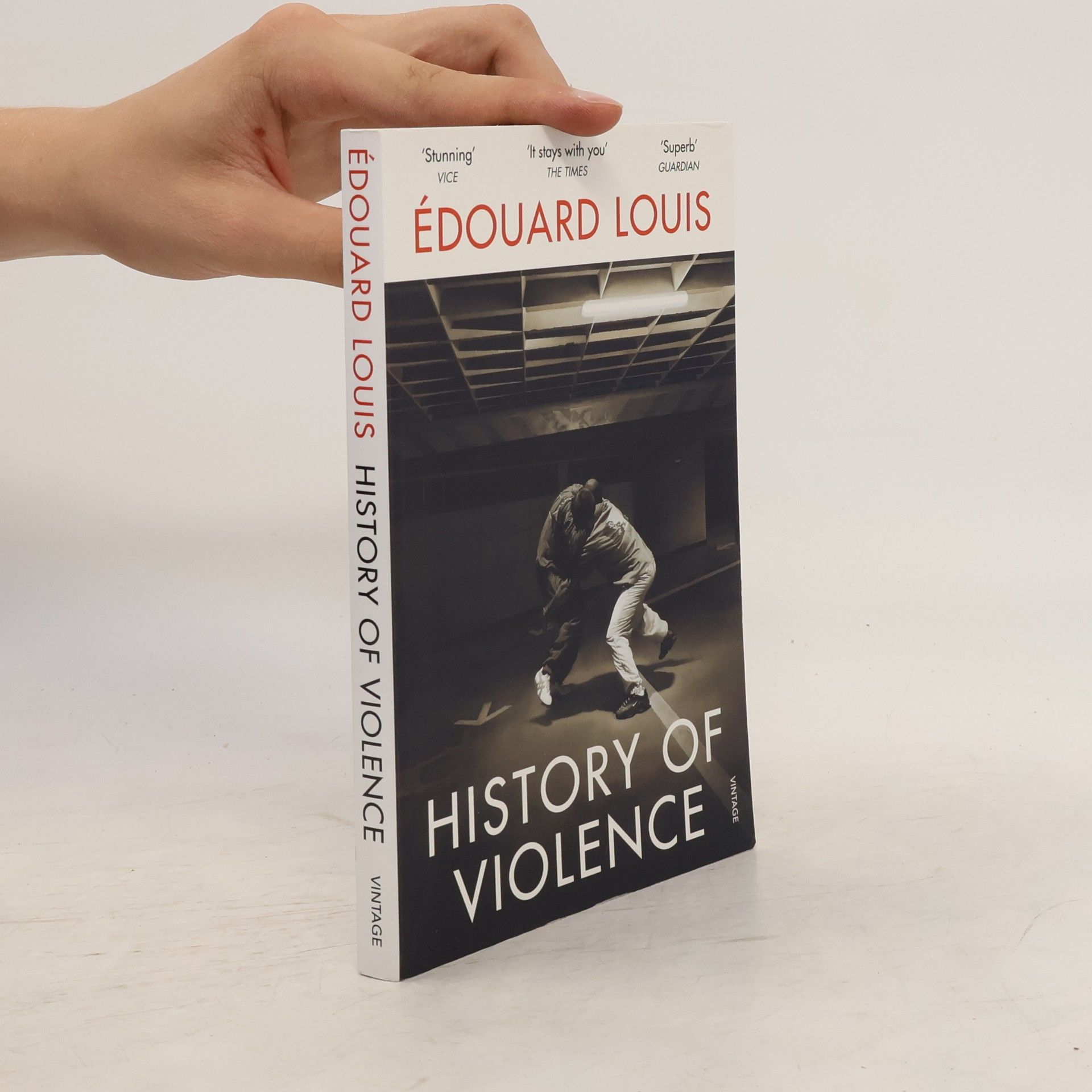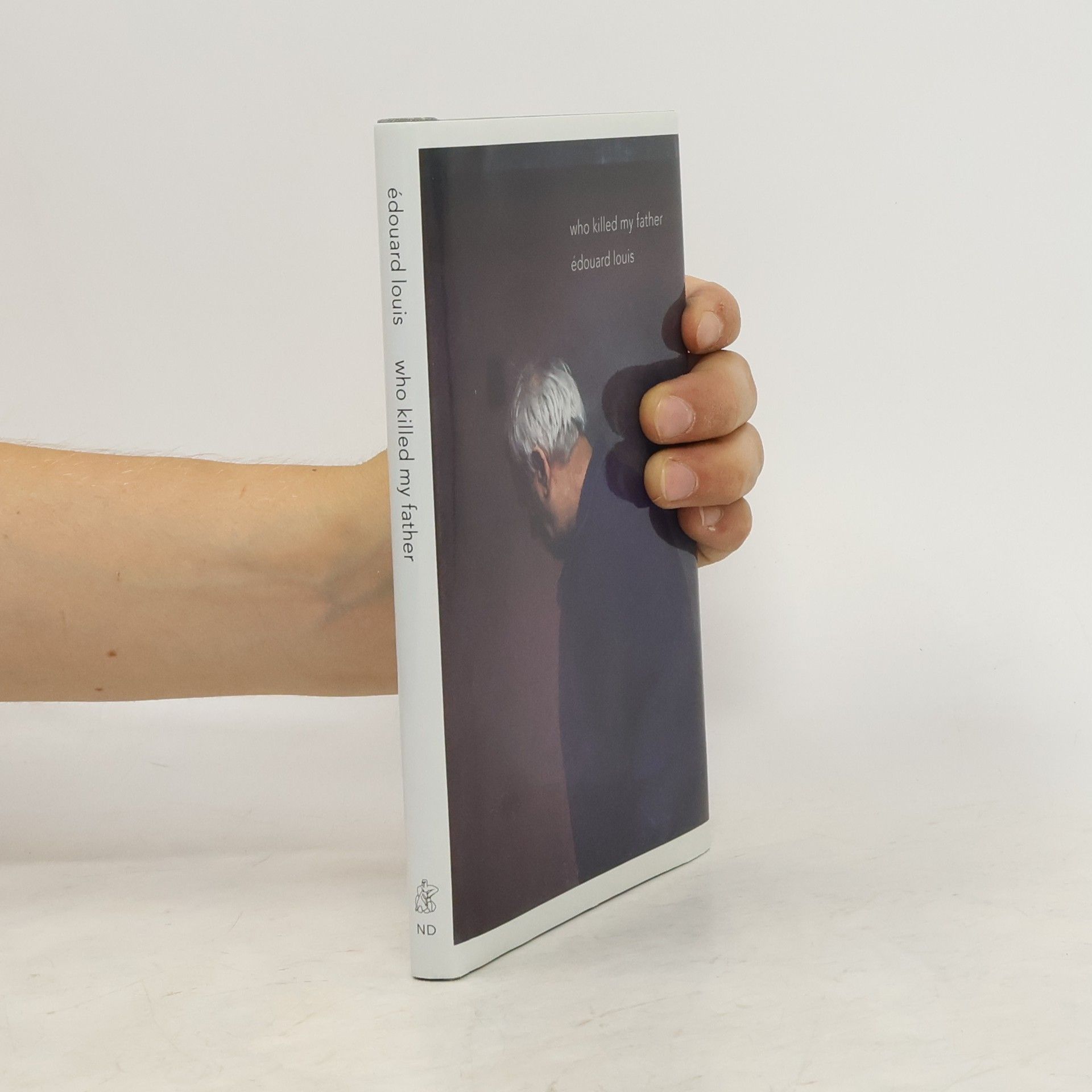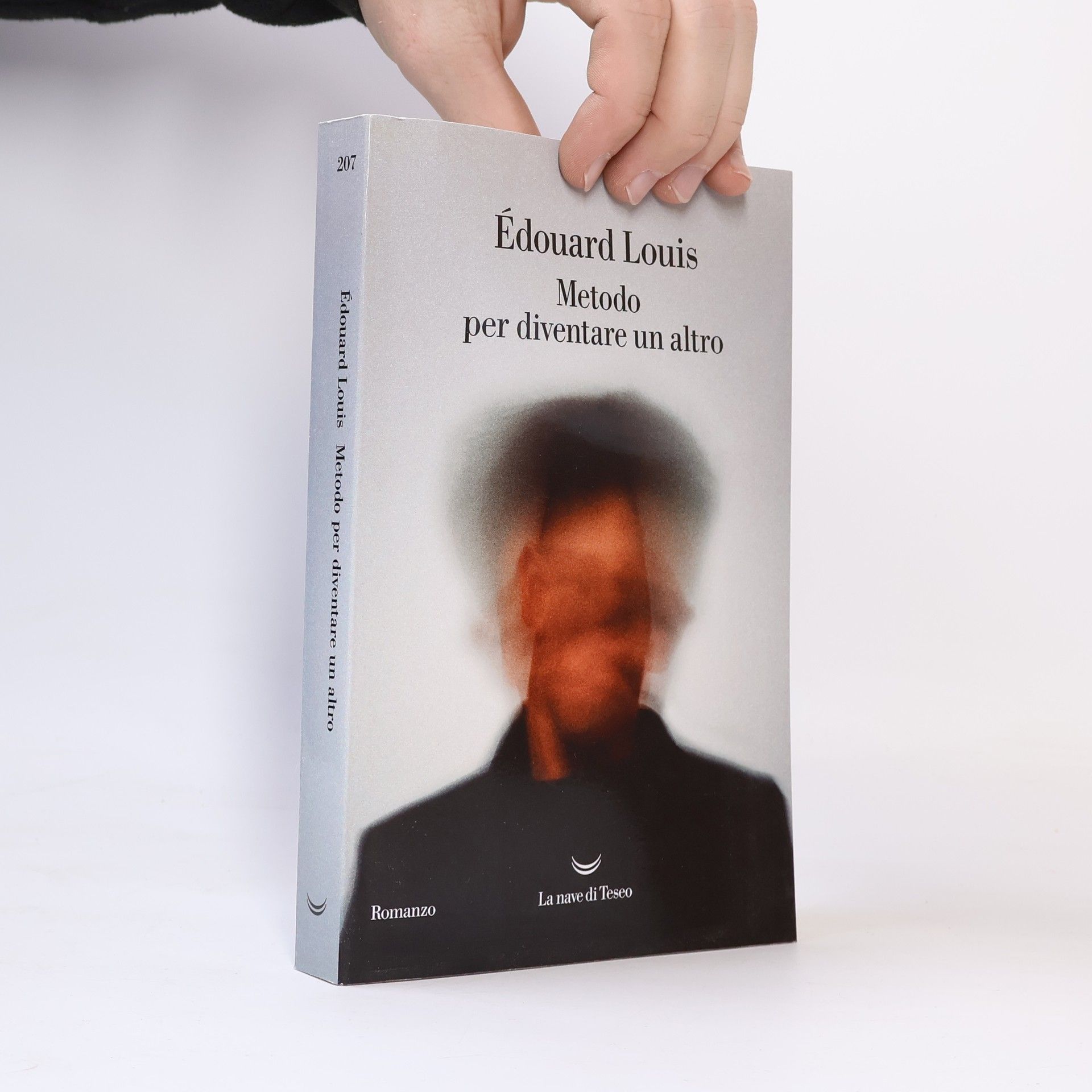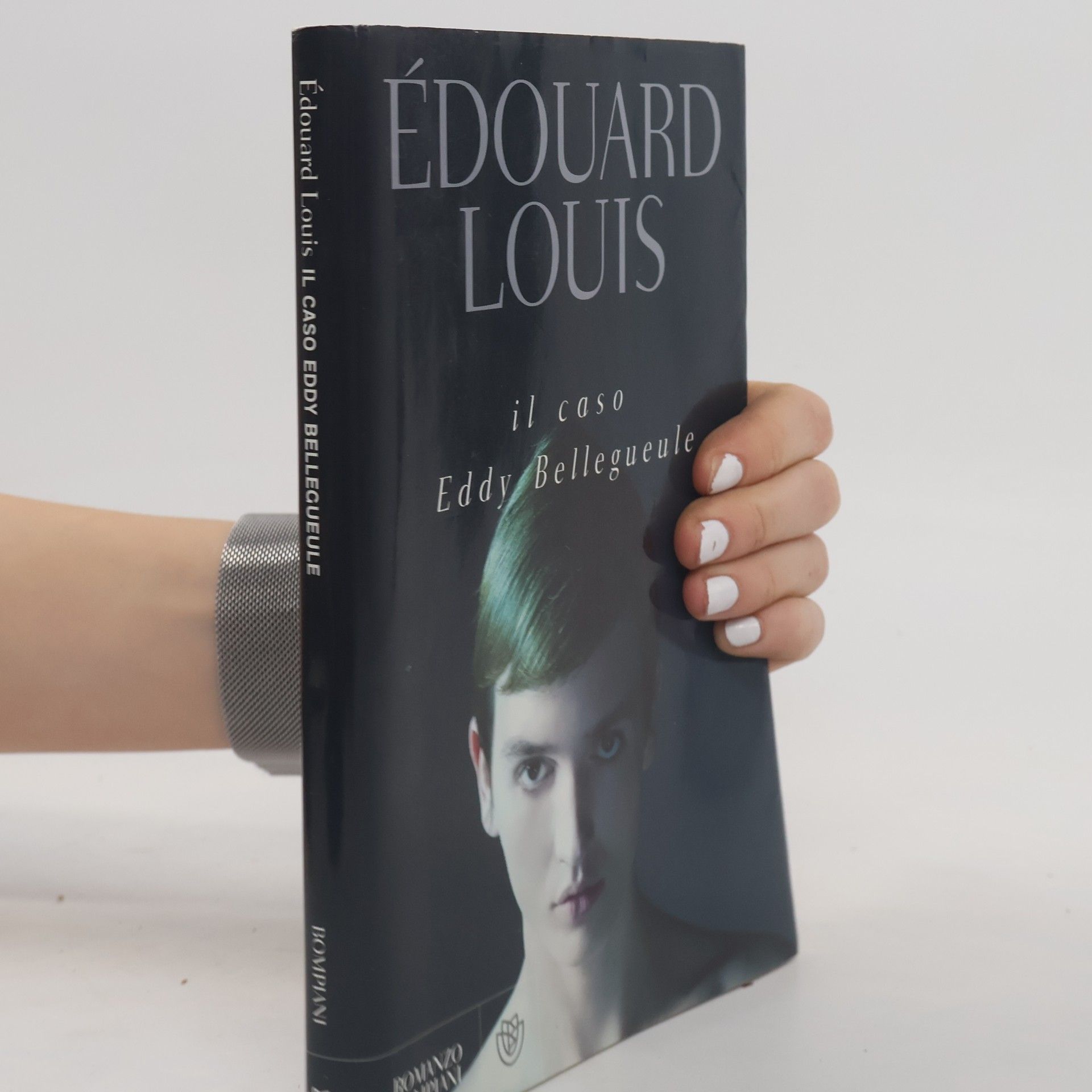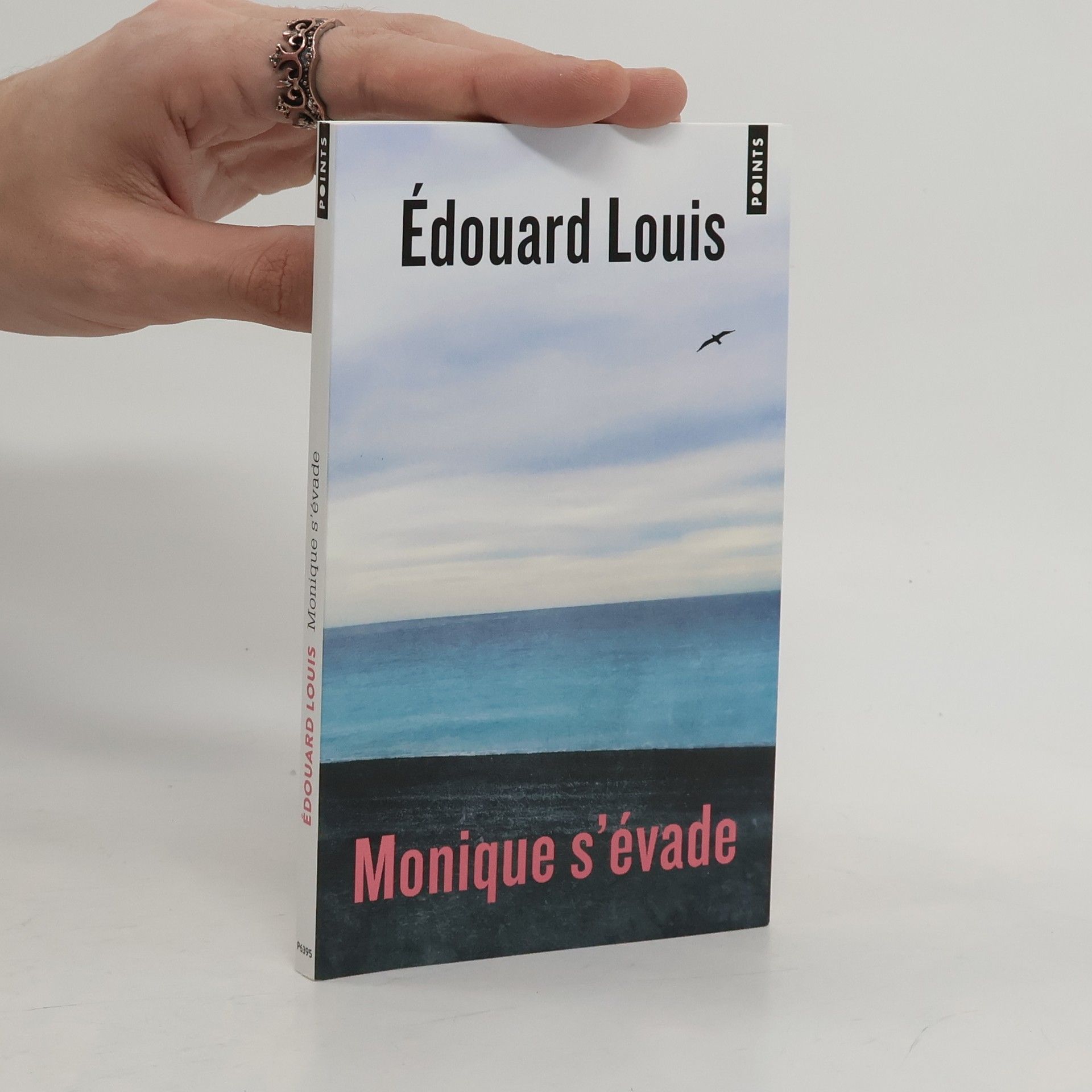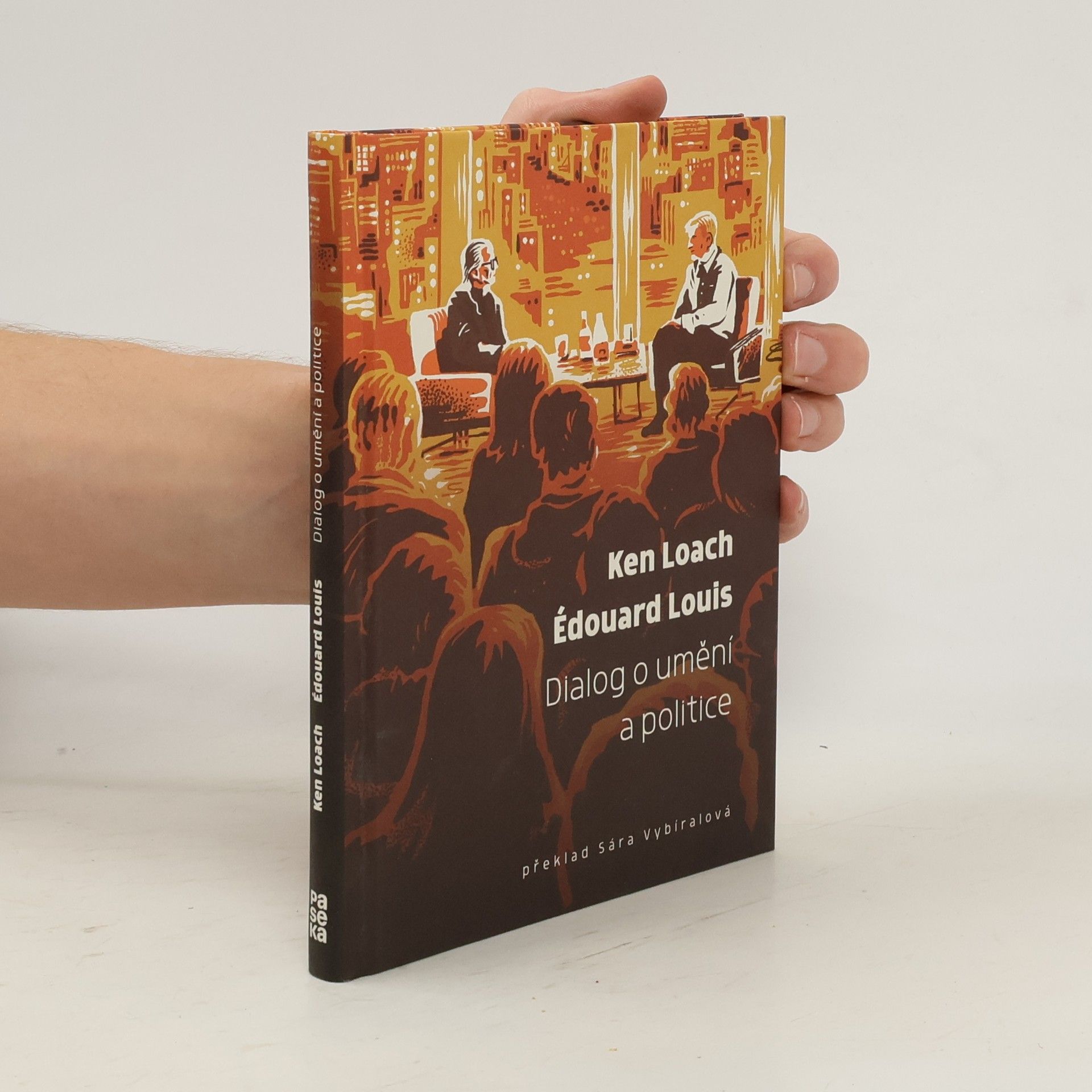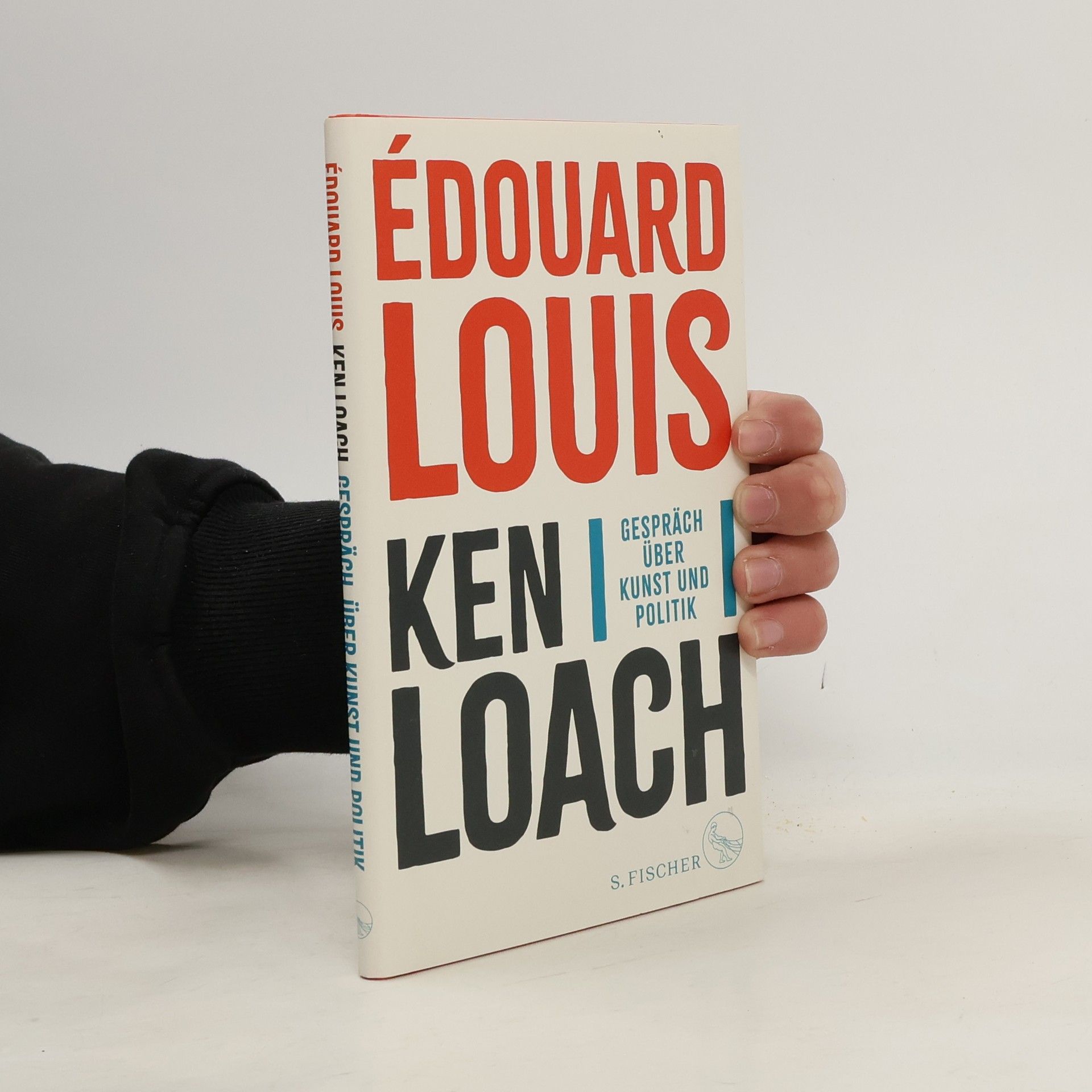Il caso Eddy Bellegueule
- 176pagine
- 7 ore di lettura
“Mi sono allontanato di corsa, subito. Giusto il tempo di sentire mia madre che diceva Cosa fa quel diavolo? Non volevo restare con loro, rifiutavo di condividere quel momento. Ero già lontano, non appartenevo più a quel mondo ormai, la lettera lo diceva. Sono andato nei campi e ho camminato per buona parte della notte, il fresco del Nord, i sentieri sterrati, l’odore della colza, molto forte in quella stagione dell’anno. Tutta la notte fu consacrata all’elaborazione della mia nuova vita, lontano da lì.” In realtà la ribellione contro i miei genitori, contro la povertà, contro la mia classe sociale e il suo razzismo, la sua violenza, i suoi riti, sono venuti dopo. Perché prima della mia rivolta contro il mondo della mia infanzia, è stato il mondo della mia infanzia a rivoltarsi contro di me. Troppo presto, infatti, sono diventato per la mia famiglia e per gli altri un motivo di vergogna, persino di disgusto. Non ho avuto altra scelta che scappare. E questo libro è il mio tentativo di comprendere.

